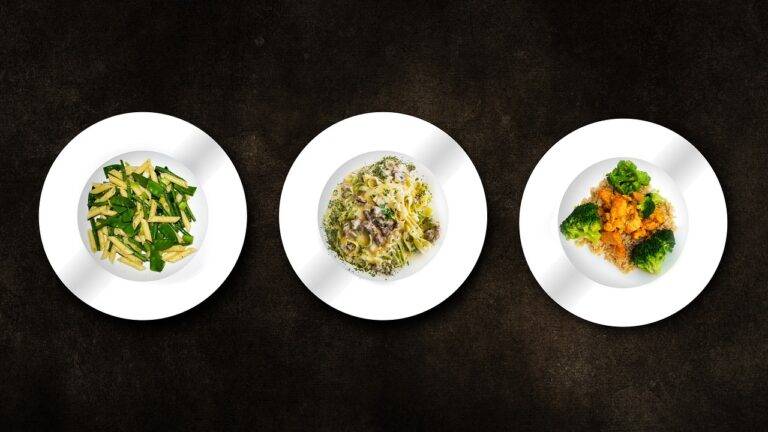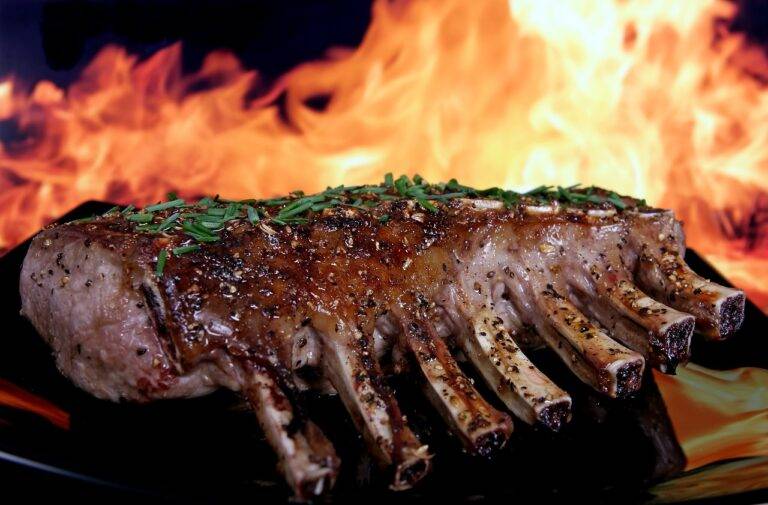The Rise of Food Cooperatives: Community Solutions to Food Access Issues
Food cooperatives are community-run grocery stores that operate on a cooperative business model. Members of a food cooperative collectively own and democratically operate the store, making decisions together about what products to stock, how to run the business, and more. By pooling resources and labor, food cooperatives aim to provide access to high-quality, ethically-sourced, and often locally-produced food at affordable prices.
Cooperatives typically prioritize transparency, sustainability, and supporting local farmers and producers. Many food cooperatives also emphasize education and community building, hosting events, workshops, and other initiatives to empower members to make informed choices about their food consumption. Overall, food cooperatives offer an alternative to traditional grocery stores, embodying values of cooperation, social responsibility, and economic democracy within the food system.
History of Food Cooperatives
Food cooperatives have a rich history rooted in the 19th century when communities started coming together to access affordable and quality food. These cooperative efforts were driven by a shared desire to empower individuals and promote local economic development. Members pooled resources, commonly organizing bulk purchases to benefit from lower prices, and shared in the decision-making processes to ensure fair and equitable distribution.
As the cooperative movement gained momentum, food cooperatives became a popular way for individuals to gain greater control over the quality and sources of their food while supporting local farmers and producers. Throughout the years, food cooperatives have evolved to meet the changing needs of their communities, adapting to incorporate sustainable and organic food options, as well as promoting education on topics such as nutrition and food sovereignty. Today, food cooperatives continue to thrive as a symbol of community resilience and mutual support in the food system.
What are food cooperatives?
Food cooperatives, also known as co-ops, are grocery stores owned and operated by their members. These members are typically local residents who come together to provide themselves with access to affordable, high-quality food options.
When were food cooperatives first established?
The first food cooperatives date back to the early 19th century in Europe, with the Rochdale Society of Equitable Pioneers being one of the most well-known examples. This cooperative was founded in 1844 in Rochdale, England.
How do food cooperatives differ from traditional grocery stores?
Food cooperatives differ from traditional grocery stores in that they are owned by the community members who shop there. This ownership structure allows for more transparency, accountability, and a focus on providing high-quality, sustainable products.
Are food cooperatives a common form of grocery store today?
While food cooperatives are still around today, they are not as common as traditional grocery stores. However, they have seen a resurgence in popularity in recent years as more people seek out locally sourced, sustainable food options.





